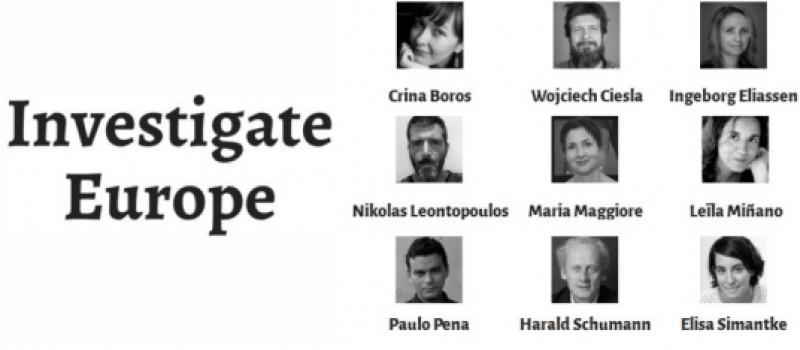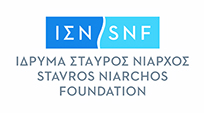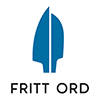
2017-02-15
The reporters of Investigate Europe, a multinational team of investigative journalists, have recently published their first investigation. For it, they collaborated to interview over 200 experts, border guards, politicians, industrialists and academics over the past months. Investigate Europe’s Elisa Simantke gives a look behind the scenes of the transnational collaboration.
 The Challenges of Coordinating a Multinational Team of Investigative Journalists
The Challenges of Coordinating a Multinational Team of Investigative JournalistsA new, dysfunctional border regime is being created in Europe. That is what we found out after months of research. People's fear of terror and the refugee crisis are shaping national and European border policies. However, the proposed solutions cost billions, often without having any provable benefits, except for the defence industry itself.
Much of our work was classic reporting. Visiting command centres and server farms, testing e- gates, meeting sources. We reviewed reports with several hundred pages of technical attachments, we entered data into countless Excel sheets, sent out official inquiries. Investigative journalism is always challenging.
But these kinds of transnational investigations present an additional, more particular challenge. Managing nine journalists across all EU borders in their daily work, urging them to share research results and sources, agreeing on a common thesis. Making them work together, as if they were sitting in the same newsroom.
That is not an easy task: the journalists involved often do not speak the same language and have different ways of working. How did we cope with the challenge? Some of our most important observations:
Research once, publish EU-wide
National context is hugely important. Even if research is done together, each team member should write for their own national audience. The same thesis, the same facts, but told according to national context. An example: sensitivity to security versus data protection is different in the Scandinavian countries than in Belgium or France, where people have recently had to deal with a terrorist attack.
Meeting and meeting up
Joint work from different countries calls for functioning (IT) infrastructure. For day-to-day communication, we use a chat software and a cloud storage system, hosting both on our own servers for security reasons. This of course costs time and money. Once or twice a week, we talk via video chat. And every eight to ten weeks we meet for what we call a work weekend. So far we have met up in Berlin, Brussels and Lisbon. These work weekends are extremely important. Not only do we use them to do work together, we also cook, eat and go walking together. People in a team sharing sensitive information must know and trust each other well.
 Journalists everywhere
Journalists everywhereA team consisting only of journalists has blind spots. It lacks salesmen, accountants, lawyers, managers, marketing specialists, translators, IT experts. To bridge those gaps, we teamed up with Belgian non-profit organisation Journalismfund.eu, which offers support regarding accounting and coordination while being in steady contact with donors. A percentage of our budget goes to Journalismfund.eu, for who Investigate Europe is a pilot project. On other fronts, we called on external help.
Who decides?
Most journalists prefer working in a non-hierarchical context. This requires several up-front agreements. Who has the final say in important decisions? Who manages the budget? What are the research priorities? What if no unanimous decision can be reached by the team? The questions are simple; the answers are not.
Languages miracle
One of the things we have underestimated is sharing information in English. Although everyone in our team speaks good English, it proved a considerable additional effort to transfer our collected information into English so correctly that it could be quoted by others without leading to misinterpretations. Every now and then we have to hire a professional translator.
Overcoming these hurdles is far from easy, and new hurdles appear every day. But the need for this kind of transnational work is self-evident: while political decisions and economic developments have long been happening across borders, journalism is still too often limited to national borders and perspectives. Investigate Europe shows that small-scale, but long-term transnational collaborations between journalists from different countries is indeed possible.
More information about team, publications or donors can be found at www.investigate-europe.eu.









